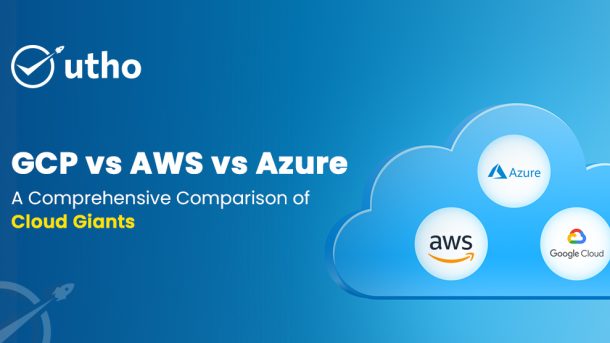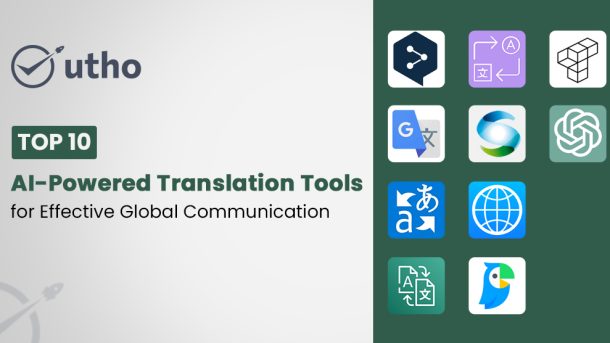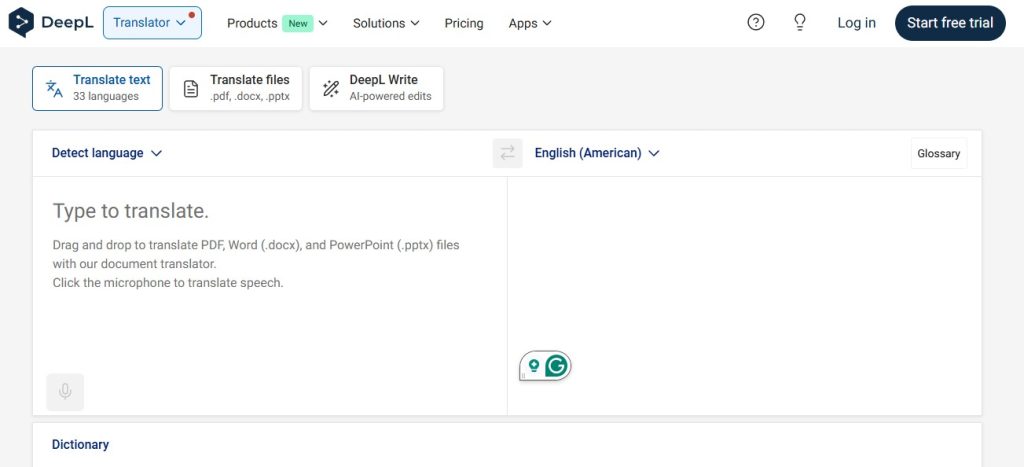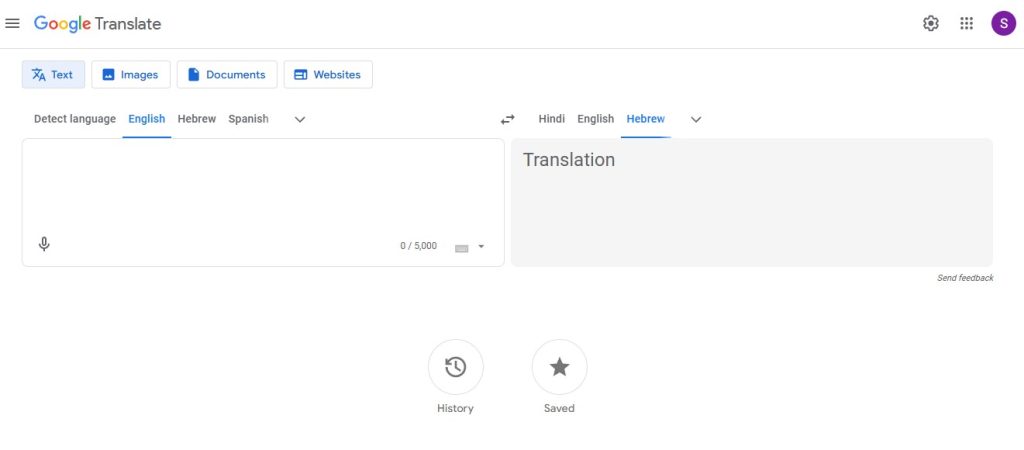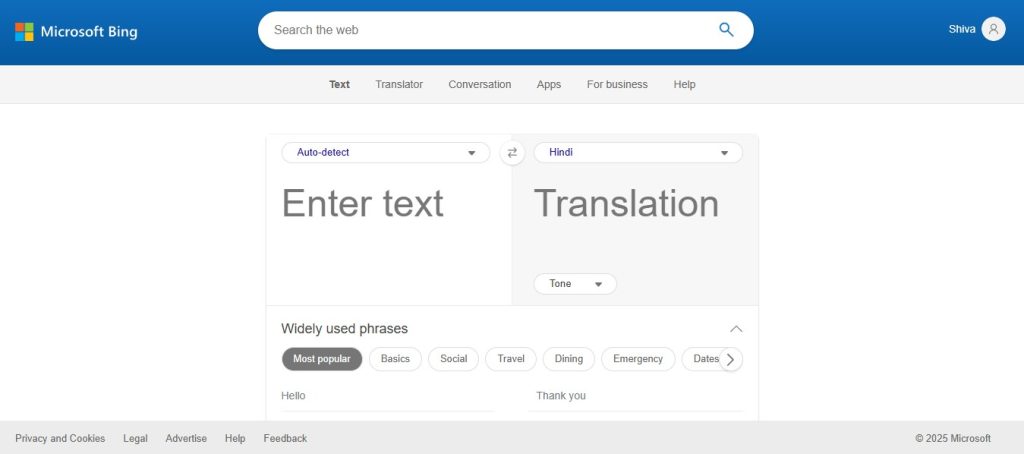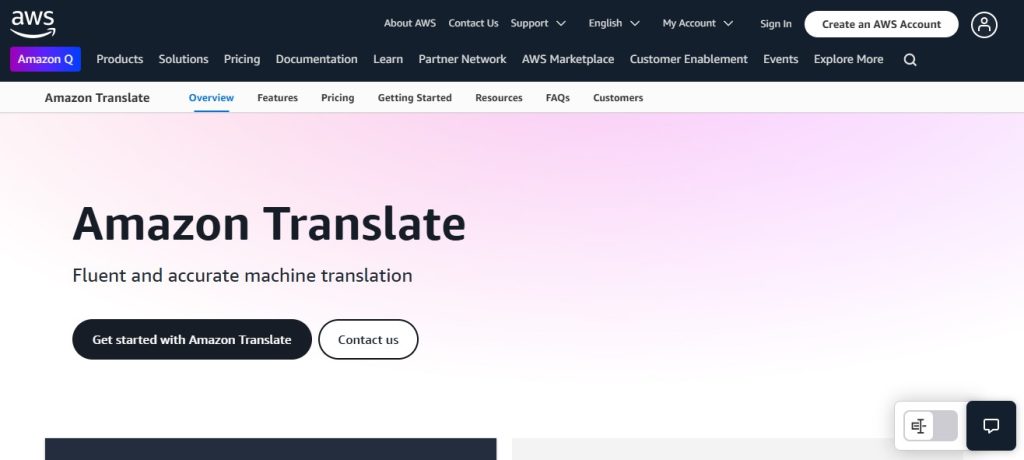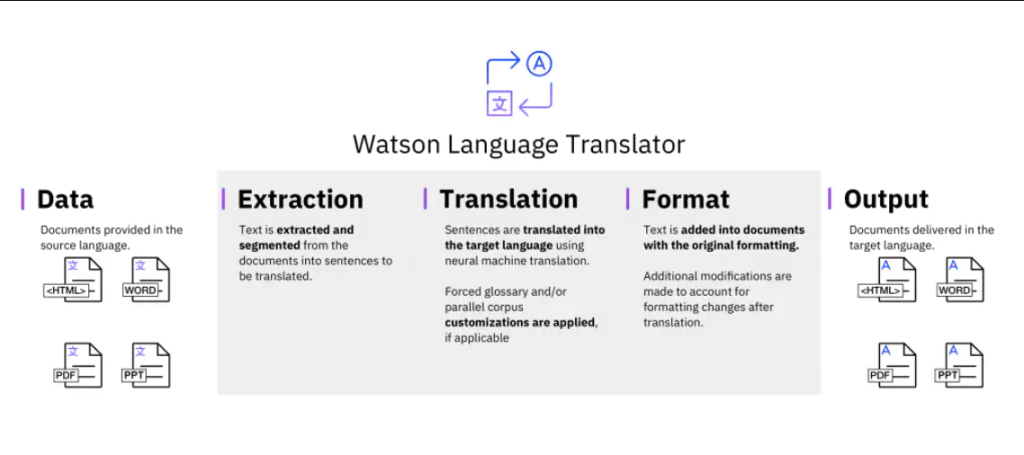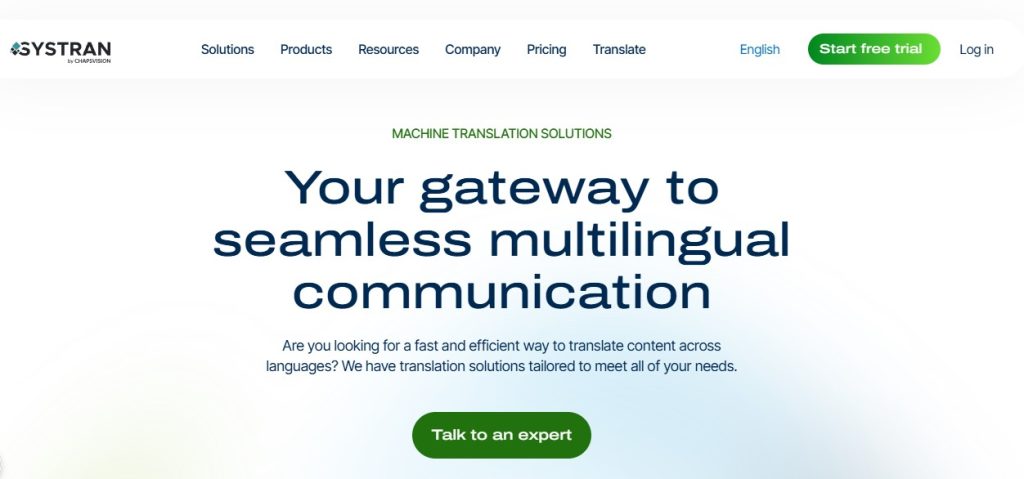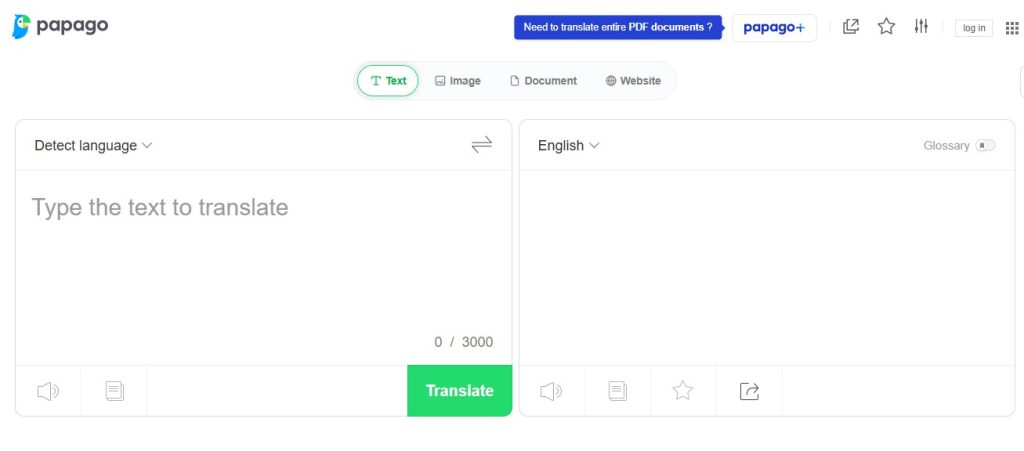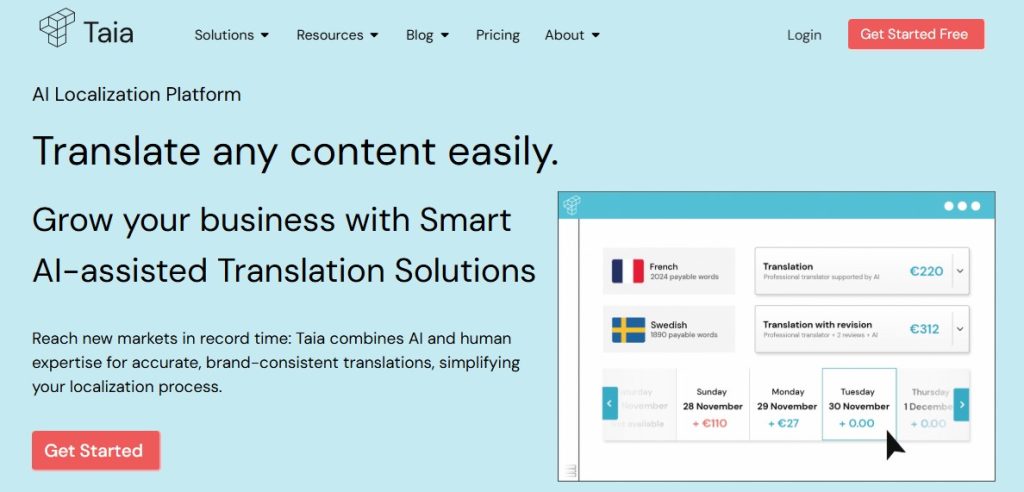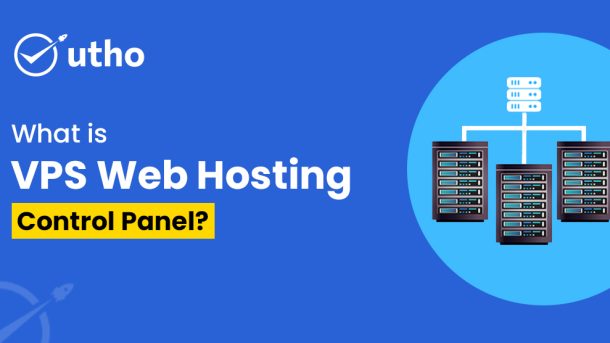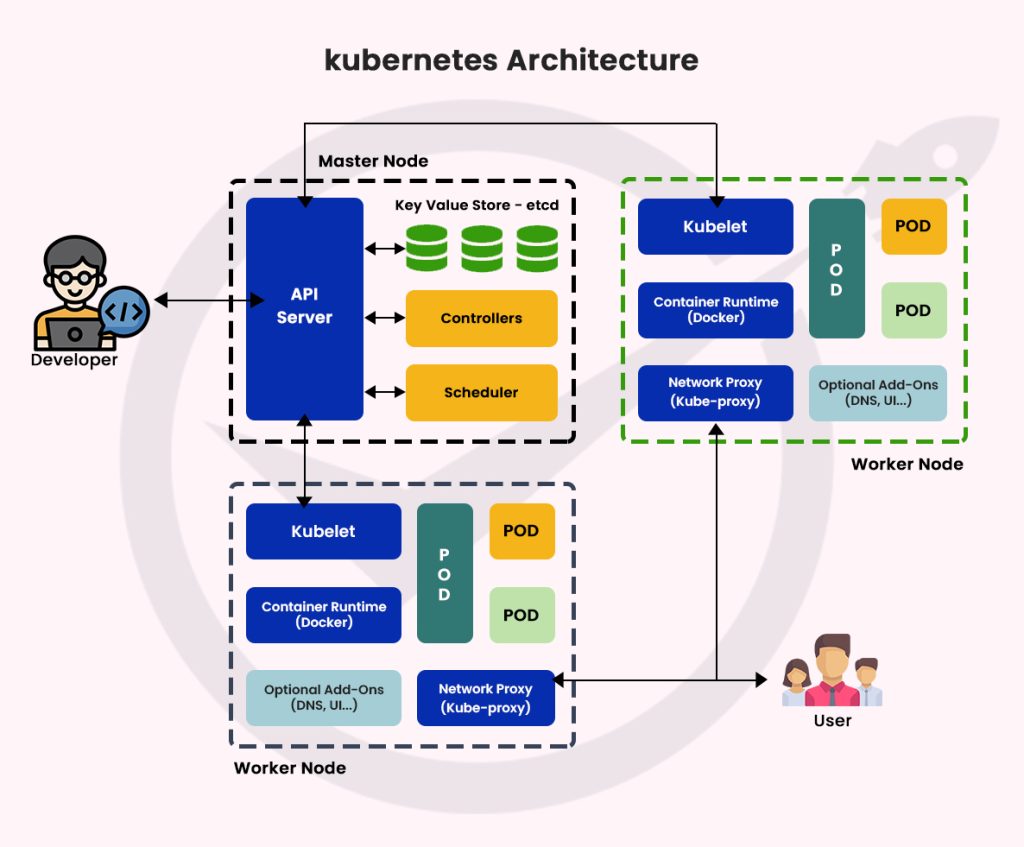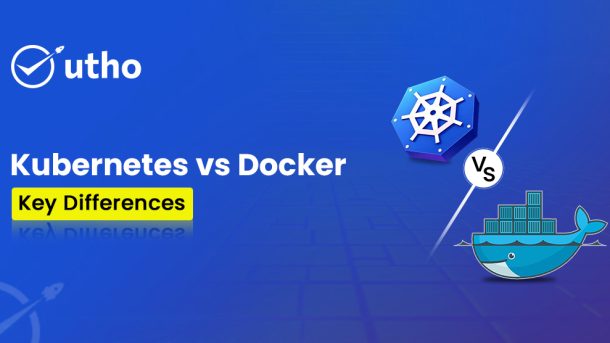In today's world, speed, scale, and flexibility are expected. So, cloud-native applications are now the base of digital experiences. Software today needs to change fast, grow worldwide, and adjust to what users want. This is true for both social media platforms and financial systems. And to make all this possible, developers need databases that can keep up with the pace of change. This is exactly where MongoDB enters the picture.
MongoDB is popular in many industries. Agile startups rely on it for MVPs. Large companies use it for their digital transformation projects. What makes this NoSQL database valuable in today’s cloud-first world?
Let's dive into these questions and see why MongoDB is a strong choice for modern app development.
What is MongoDB?
MongoDB is a NoSQL database that stores large amounts of semi-structured and unstructured data in documents. MongoDB is different from traditional databases. It stores data as flexible, JSON-like documents in collections, rather than using fixed schemas and rows in tables.
This fundamental difference enables MongoDB to:
- Efficiently handle nested and hierarchical data.
- Accelerate development cycles with schema flexibility.
- Scale horizontally with ease.
- Integrate smoothly with cloud-native tools and platforms.
MongoDB is the go-to database for apps in dynamic, cloud-native settings. This is due to its open-source base, lively developer community, and sturdy architecture.
MongoDB can support complex apps, whether you're storing user content from a mobile app or managing data from IoT devices.
Traditional vs. Document-Oriented Databases
In relational databases, developers must define a schema in advance. Changing the data structure needs manual migrations. This process can be slow and risky. This is especially true for agile teams or startups with tight release cycles.
MongoDB eliminates these limitations by offering:
- Schema flexibility: Each document in a collection can have a different structure.
- Quick iteration: Add or modify fields anytime—without downtime.
- Natural data modelling: JSON-like documents mirror how developers already structure data in code
For example, a developer building an e-commerce site can add new product attributes—such as ratings or shipping info—without altering the entire database schema.
How MongoDB stores and manages data.
Data in MongoDB is stored in BSON (Binary JSON) format. BSON enhances JSON by adding extra data types, such as Date, Decimal128, and Binary. This makes it better for efficiently storing complex data.
Each document is self-contained and can represent real-world data models such as:
- User accounts with preferences, order history, and multiple addresses.
- Product catalogs with variations in size, colour, price, and reviews
- IoT sensor data with timestamps, geolocation, and real-time metrics.
Documents are organised into collections. This gives more flexibility than the strict tables found in relational databases. Collections don’t need a set schema. This lets you change your application’s data model as needs evolve.
Key Features of MongoDB
Document-Oriented Storage
MongoDB structures data into rich, nested BSON documents. This design mimics real-world objects and eliminates the need for complex joins. A whole user profile, with preferences, social links, and activity logs, can fit in one document.
Flexible Schema Design
With no rigid schema, you can:
- Add new fields on the fly.
- Store optional or nested information.
- Modify the document structure as needed.
This feature cuts down the time for database migrations. It helps developers work faster, especially in microservices architectures.
Horizontal Scalability (Sharding)
MongoDB manages large datasets with sharding. This process divides data among different machines or nodes. This architecture ensures:
- Load balancing
- High throughput
- Consistent performance even with petabytes of data
Sharding makes MongoDB ideal for applications expecting unpredictable growth or global usage patterns.
Advanced Querying
MongoDB supports a wide variety of queries, including:
- Field-specific filtering
- Range queries and regex
- Text and geospatial search
- Aggregation pipelines for real-time analytics
These tools help developers query, transform, and analyse data easily. They don’t have to rely on separate data processing frameworks.
High Availability with Replication
MongoDB offers redundancy via replica sets, which consist of:
- A primary node that handles all writes
- Secondary nodes that maintain read-only copies
If the primary fails, the secondary kicks in right away. This keeps mission-critical apps running smoothly and reliably.
Advanced Indexing Options
MongoDB supports:
- Indexes on any field, including nested fields
- Compound indexes for optimizing queries
- TTL indexes for automatic document expiry (useful for session data)
- Full-text search indexes
These indexing options allow for lightning-fast query performance even on large datasets.
Enterprise-Grade Security
MongoDB is equipped with robust security features such as:
- SCRAM, LDAP, and Kerberos authentication
- Role-Based Access Control (RBAC)
- TLS/SSL encryption for secure data transmission
- Auditing, monitoring, and custom alerting for compliance
These features make it a trusted choice for regulated fields such as finance and healthcare.
Advantages of MongoDB for Cloud-Native Workloads
Accelerated Development Cycles
MongoDB’s dynamic schema is a big plus for developers in fast-paced settings. MongoDB is different from traditional relational databases. It lets developers store data without needing to define its structure first.
- Flexible Data Modeling: Teams can jump in and start building right away, without being stuck by database design limits.
- Faster Product Changes: When the product evolves, such as adding new fields or features, developers do not need to change or move the entire database schema.
- Rapid Prototyping: MongoDB is perfect for MVPs, startup projects, and SaaS platforms. It allows for fast testing and makes frequent changes easy.
In short, MongoDB lets development teams move faster and adapt instantly to changing business needs.
Handles Any Data Type
MongoDB supports many data formats. This lets teams bring different data together in one system.
- Structured Data: Easily handles traditional formats like integers, strings, dates, etc.
- Semi-Structured Data: Great for handling nested arrays and objects, like user profiles and order details.
- Unstructured data: supports logs, metadata, documents, and even images or video references.
MongoDB is a flexible backend. It can support chat apps, analytics tools, IoT platforms, CMSs, and more—all without needing different types of databases.
Global Scalability
MongoDB scales easily across different locations and workloads. This makes it a great choice for global applications.
- Sharding: It divides data across several servers. This helps spread out traffic and data evenly.
- Replica Sets: Ensures high availability and failover through data replication across multiple nodes.
- Low Latency: Users worldwide can access data nearby. This cuts delays and boosts their experience.
- Cross-Region Disaster Recovery: If a region fails, your application can automatically switch to another region. This ensures no downtime.
MongoDB Atlas, MongoDB’s managed cloud service, makes it easy to deploy globally. It has features such as one-click provisioning and replication options for different regions.
Real-Time Performance
When fast data access or actions are required—like with notifications, fraud alerts, or live feeds—MongoDB stands out for its real-time performance.
- Fast Read/Write: Designed to handle high throughput with low latency for both reads and writes.
- Aggregation Pipeline: Allows complex data transformations and analytics on-the-fly, directly inside the database.
- Change Streams: Let apps listen for real-time data changes. They can then trigger automatic updates, alerts, or workflows.
MongoDB offers the speed and responsiveness that users want. This applies to both financial dashboards and social media feeds.
Integration with Cloud-Native Tools
MongoDB is a great fit for cloud-native ecosystems. It simplifies deployment, scaling, and management in modern development workflows.
- Kubernetes: You can manage MongoDB for auto-scaling, self-healing, and rolling updates in containers.
- Docker: Easily containerized for consistent local and cloud deployments across environments.
- CI/CD Pipelines: Works well with automated workflows for testing, staging, and deploying applications all the time.
- Serverless Platforms: They work well with AWS Lambda, Azure Functions, and Google Cloud Functions. This support is great for event-driven use cases.
MongoDB is more than a database. It’s a key part of scalable, agile cloud-native architectures.
Real-World Use Cases of MongoDB
Real-Time Analytics
MongoDB supports streaming analytics through change streams and aggregation pipelines. It's used for:
- IoT sensor analytics
- E-commerce clickstream analysis
- Monitoring financial transactions
Organizations can act instantly on user behavior and operational data.
Content Management Systems (CMS)
MongoDB offers the flexibility required to build modern CMS platforms:
- Manage text, images, videos, and metadata
- Organize with tags, categories, and user-generated content
- Scale to millions of users without performance drops
Developers can customize content structures without rigid schema changes.
IoT and Time-Series Applications
Time-series data from sensors is often inconsistent and high-volume. MongoDB handles:
- Data from wearables and industrial equipment
- Real-time monitoring dashboards
- Historical trend analysis
With features like time-series collections, MongoDB now directly optimizes for these use cases.
E-Commerce and Retail
Online retailers use MongoDB to manage:
- Product catalogs with variable attributes
- Customer data, reviews, and shopping carts
- Real-time inventory and dynamic pricing
MongoDB supports personalization engines and A/B testing through flexible data modeling.
Mobile and Web Applications
Mobile apps often require:
- Real-time sync
- Offline mode support
- Lightweight, fast backends
MongoDB Realm is a mobile database that offers local storage. It automatically syncs to the cloud, creating a smooth experience for users.
Gaming and Social Platforms
MongoDB is ideal for rapidly evolving platforms that need to handle:
- Game sessions and leaderboards
- User profiles and avatars
- Chat and messaging systems
Its ability to handle spikes in traffic and schema changes makes it ideal for viral platforms and multiplayer games.
How Utho Enhances MongoDB
Utho Cloud, India’s first homegrown public cloud platform, brings out the best in MongoDB by offering:
1. Managed MongoDB clusters
Utho handles the setup, scaling, monitoring, and patching of MongoDB. Developers can focus on building applications, not managing infrastructure.
2. Auto-scaling and load balancing
Utho provides dynamic resource scaling for traffic or workload spikes. This keeps your MongoDB cluster performing at its best.
3. High Availability and Data Redundancy
Utho’s multi-zone replication and automated backups keep MongoDB workloads reliable. They also help meet disaster recovery policies.
4. Developer Tooling
Utho offers built-in monitoring, performance dashboards, CLI tools, and APIs. These features make MongoDB tasks easier.
5. Seamless Integration with Other Utho Services
MongoDB works smoothly with Utho’s other products, such as GPU instances, Kubernetes, and cloud firewalls. This creates a complete stack environment.
Why MongoDB performs better on Utho
MongoDB is a flexible and fast NoSQL database. It works best with the right cloud setup. Utho unlocks MongoDB’s full potential. It offers a developer-friendly, performance-first public cloud.
Here’s how Utho supercharges MongoDB deployments:
- High-Speed Performance: It uses NVMe SSD storage, fast computing, and low-latency networking. This setup ensures quick read and write speeds, even with millions of documents.
- Flexible Deployment Options: You can run MongoDB on bare metal for full control. Use virtual machines for more flexibility. Or choose Kubernetes for easy containerized scaling. All options are pre-configured for quick setup.
- Robust Security: Your data is safe with a built-in cloud firewall, private VPC networking, and encryption for both rest and transit.
- Autoscaling & Load Balancing: It automatically adjusts compute and storage. This smart load balancing keeps performance steady
- Optimised for Real-Time Use: Ideal for fraud detection, live analytics, IoT telemetry, and finance apps. Utho’s ultra-low-latency infrastructure makes it possible.
- 24/7 Expert Support: Get help from real MongoDB experts anytime. No bots, no delays—just quick solutions.
In summary, Utho brings together speed, security, scalability, and support for developers. This makes MongoDB deployments quicker, safer, and easier to handle. For key applications, running MongoDB on Utho means it works at its best.
Final Thoughts
MongoDB has become the backbone of many modern applications for good reason. Its ability to manage complex, fast-changing, and unstructured data makes it a strong option for many industries.
But like any engine, MongoDB performs best when deployed on the right infrastructure. That’s where Utho Cloud steps in.
It doesn't matter if you're making real-time dashboards, content platforms, or IoT systems. MongoDB + Utho offers the speed, tools, and scale you need to grow quickly and intelligently.
Ready to experience MongoDB in its full power? Run it on Utho, where performance meets reliability, and innovation meets support.




